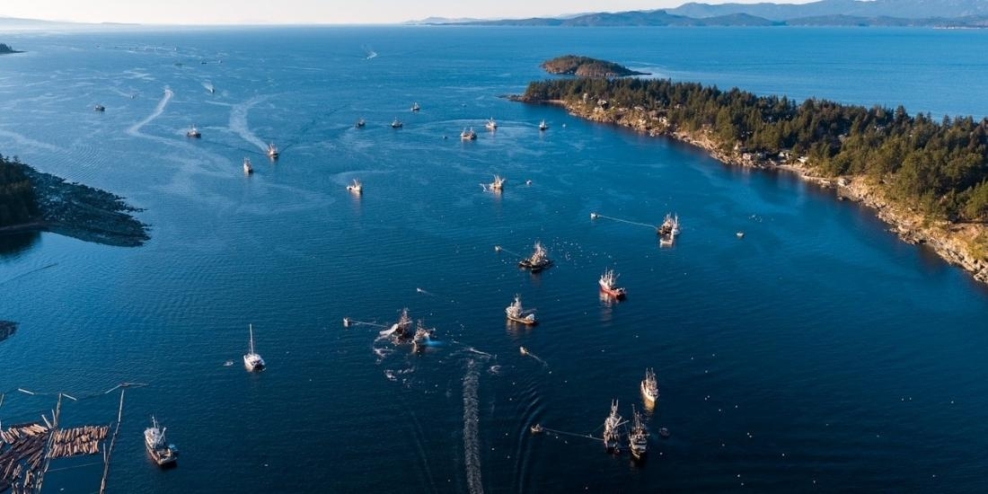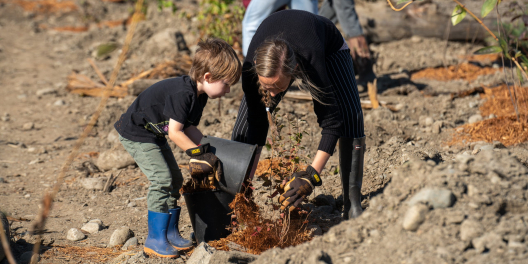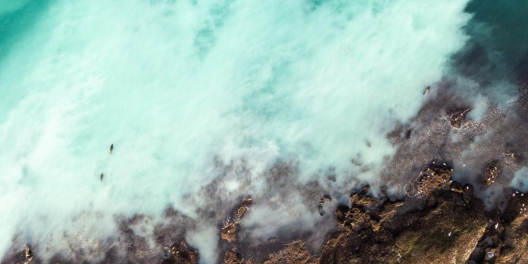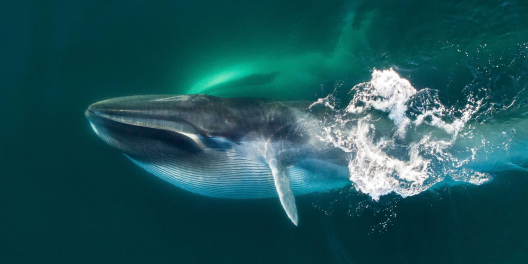There will be far fewer boats fishing for herring this spring on the waters off Vancouver Island. Herring are important food for salmon, sea birds, marine mammals and other fish.
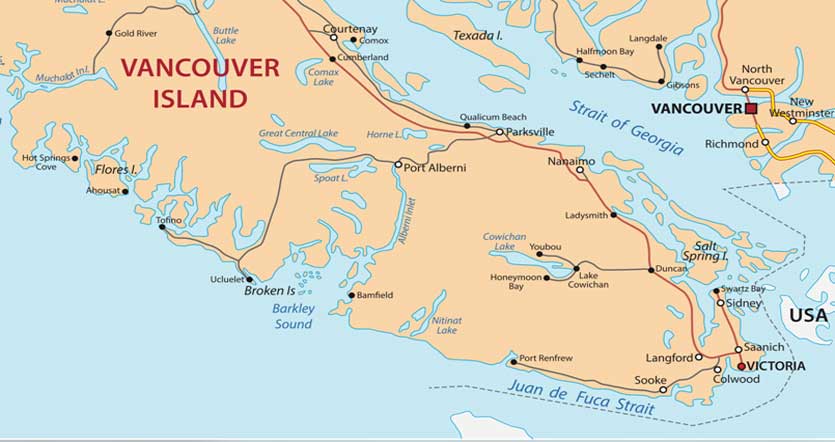
Credit: UBC Wiki
In the face of crashing Pacific salmon stocks, federal Fisheries Minister Joyce Murray announced a 50 percent cut in the Strait of Georgia commercial herring fishery for 2022. The maximum allowable commercial catch will be 7,850 tonnes. Last year commercial fishers were allowed to harvest almost 16,000 tonnes, 20 percent of the estimated total herring population in the Strait.
When announcing the cut in December, Murray called the decision important to “protect and regenerate this important forage species.”
First Nations will still be allowed to harvest herring for food and ceremonial purposes. Hugh Braker, president of the First Nations Fisheries Council of British Columbia and a member of Tseshaht First Nation, said the decision is welcome news for coastal First Nations.
“On the west coast of Vancouver Island, the First Nations have been calling for a moratorium on herring fishery for many years,” he told CBC News. “The herring [populations] on the west coast of Vancouver Island have been depleted substantially from what it historically was.”
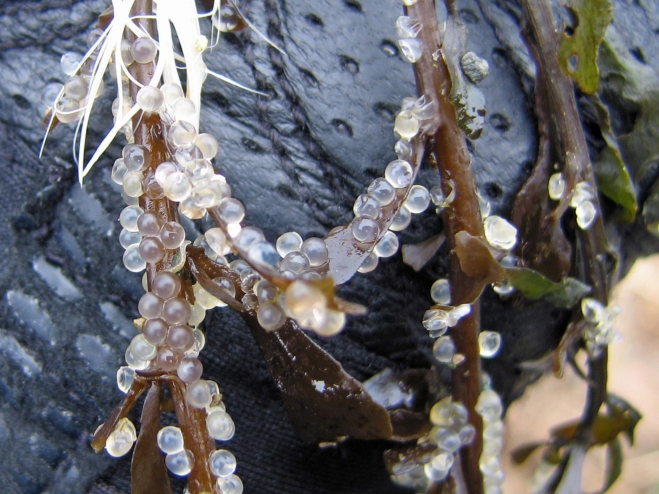
Credit: Greg Schechter / UBC Wiki
The herring fishery is controversial. Salmon conservation groups have long criticized it for being wasteful and damaging to a fish species that is critical for marine ecosystem health on the West Coast. The roe, or eggs, are a delicacy in Asia and have fetched high prices in the past.
After the roe is removed from females, the herring themselves are used for a variety of other purposes. Some of it goes to human consumption. The rest is used for fishing bait or is rendered to feed pets and farmed fish. The cut in the herring fishery comes after the commercial fleet is still reeling from a 60% reduction in last year’s commercial salmon fishing season.
“She’s cut us in half for no reason,” said James Lawson, president of the UFAW-Unifor fishermen’s union in B.C., in a story published in Business in Vancouver. “Taking this away is huge.”
Lawson says the Fisheries Minister is taking precautions too far.
Groups like Conservation Hornby Island have a different view. Grant Scott, a member of the group, calls it a good start but says it doesn’t go far enough.“That’s slowing down the harvest, but it’s not rebuilding the stocks…. Where’s the plan to rebuild the stocks to their historic highs?” Scott asked in a Black Press story.
